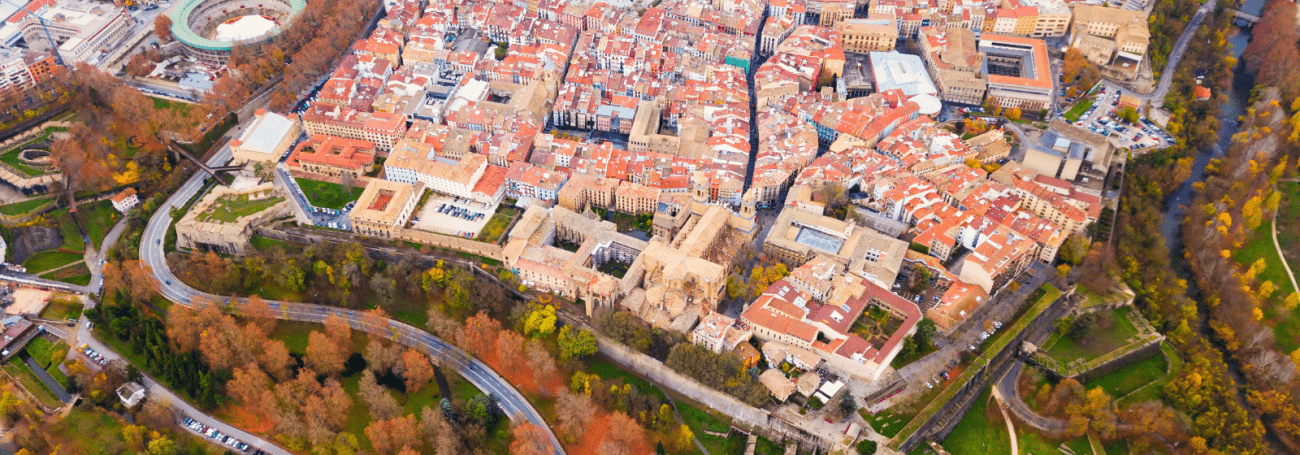
Dear members, old and new friends,
Pamplona and Leuven, two distinct cities in different countries, share a profound connection through their engagement with restorative justice. While Leuven hosted the first EFRJ Winter Academy, serving as a catalyst for learning, collaboration and the exchange of practices, Pamplona eagerly awaits the upcoming 12th International EFRJ Seminar in Pamplona while celebrating the recent approval of the new Ley Foral of restorative justice, mediation, and community restorative practices.
Both events stand as powerful demonstrations of the global reach and impact of restorative justice, bringing together practitioners, experts, policy makers and enthusiasts from diverse backgrounds and cultures. As we transition from the enriching experiences in Leuven to the anticipation of the Seminar in Pamplona, we recognise the interconnectedness of these gatherings, fostering a sense of community, knowledge sharing and collective commitment to advancing restorative justice.
This Newsletter aims to summarise the main highlights from the Winter Academy in Leuven and anticipate the key elements of the upcoming seminar in Pamplona, hoping to serve as an inspiration and motivation to all readers. As in the previous Newsletter, in order to make the information accessible to a wider public, the Editorial Committee attempts whenever possible to provide articles not only in English; for this edition, some of the pieces are also available in Dutch (through an external publication) and Spanish.

